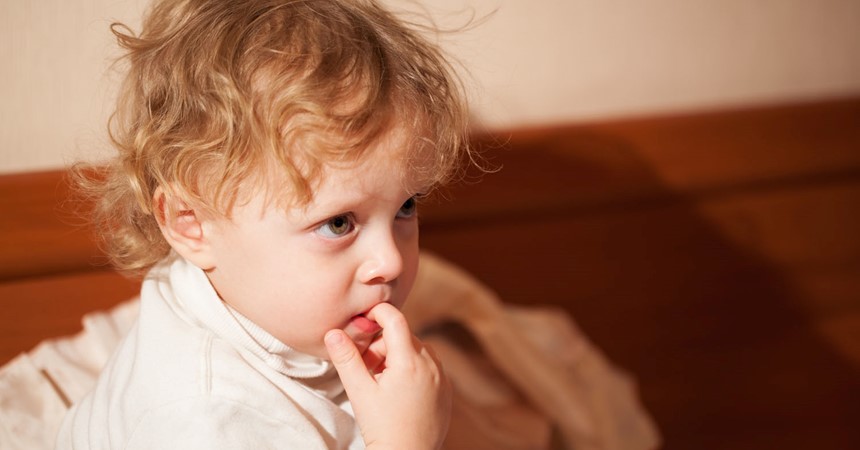A It seems that your little girl is well on her way to growing up. Without knowing if she has a history of other emotional or behavioural concerns, I will say that generally speaking, lying is a sure sign that your daughter is starting to understand more about how others think. This means that she might have discovered that people think differently from her, and that you cannot read her thoughts, which makes it ‘safe’ to tell a few lies. It is quite common for children to tell lies, particularly at the age of five.
Why do children lie?
Think about lying as a behaviour; all behaviour serves a purpose. Consider the times your daughter has lied and whether she could be:
- Covering something up so she doesn’t get into trouble (such as throwing her lunch in the bin) – also indicating she is learning right from wrong.
- Testing her boundaries with you to see how you will react – a bit of trial and error to see what she can get away with.
- Making a real or imaginary story sound more exciting.
- Trying to get your attention for whatever reason – positive or negative.
- Twisting the truth to get what she wants – for example, telling grandma that mum lets her stay up late so this can also happen at grandma’s house.
- How should I deal with lying?
Once you have worked out the possible reason for the lie, this will give you an idea as to whether you should approach the situation with a fun, imaginative response, or talk more seriously with your daughter about lying and consequences. For example, if your daughter was telling a lie to make a story more exciting, you might praise her for her imagination and say, “Wow, that’s an interesting story!”
However, if you find out that your daughter is regularly throwing her lunch out, and she is missing out on lunch, you might need to look further into this, and find out why. This kind of lie seems to be related to her not wanting to get into trouble for some reason but at the same time, throwing her lunch away is also telling you something about her food preferences or possible emotions at lunchtime. Then you could also talk to her about the importance of telling the truth so mummy knows how to help her.
If, however, your daughter tells deliberate lies for other reasons, such as to get her own way, you might consider introducing consequences and let her know what is ok and what is not ok in your house.
Praise your daughter whenever she is honest, particularly after you have questioned her about the truth. If your daughter was older, my advice would be a bit different as a pattern of lying in older children can be a sign of a learned habit or other concerns. You could also consider reading a story to her about lying, such as “The Boy Who Cried Wolf”, so she can learn why lying can work against you if it keeps happening. At her young age, she would not be aware of the possible negative consequences of lying.























































































